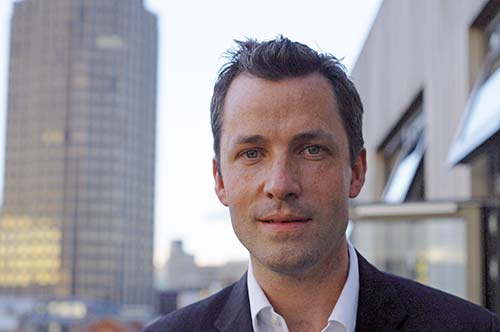From price wars to round pound deals and special offers, we are surrounded by the notion of cheap food. But what we pay for food at the checkout rarely reflects its real, or ‘true cost’. Our cheap food system is currently being propped up by environmental damage, low wage workers, farm animal suffering and the costs of diet-related ill health to the National Health Service.
Take an avocado, flown from Peru to the UK, refrigerated in a distribution centre, then packaged and driven to your local supermarket. The price tag may reflect what it cost the supermarket to purchase it but how about the greenhouse gas emissions that result from air freighting it, or the long-term impacts of irrigating this (very) thirsty crop? For every £1 we pay for food and drink at the checkout, it’s been suggested that there is (at least) £1 of hidden costs – externalities that the taxpayer picks up. So, should we move towards ‘true cost’ food?
Reluctantly I think the answer has to be yes. I say reluctantly because it’s sad that we have to put a financial value on things like the health of our environment, when we should value it for its own intrinsic sake. But I say yes, because genuinely ‘true cost’ food would, with one fell swoop, mean that healthy, sustainable, fair, humane food becomes (relatively) ‘less expensive’ than unhealthy, unsustainable food. Organic food and farming would be one of the winners in this scenario. If we rely on price signals, then that’s surely a sensible way to go. Arguably the government has made a baby step in that direction already via the sugary drinks levy (internalising a fraction of the diet-related ill health costs currently picked up by the NHS). With ideas such as a meat tax being banded around, will we see further moves towards paying a true cost?
Even more fundamentally perhaps, we need to get beyond the notion that ever cheaper food is somehow a good thing. The reason so many people can’t afford to eat in this country is not because prices aren’t cheap enough – it’s because there are too many gaps in the social security net, because people aren’t paid a real living wage and because we are slipping into a two-tier food system. Rather than being stuck in ‘let’s make it affordable’, let’s reframe the debate to be about how we can help everyone shape a food system that works for all.
Crucially, one of the main benefits of a true cost approach would be that the environment and social costs are no longer hidden, and there is therefore a ready-made incentive to drive negative impacts down. So, in the long-run, moving to true cost food could benefit people, animals and the planet.
It will take time, public support and political backing to move away from the cheap food narrative. Taxing those who pollute more, or who use damaging farming or employment practices, could go some way to open up and address the issue. But for people to favour foods with lower ‘true costs’ we need truthful answers about where our food comes from and how it’s produced. This transparency test could be the catalyst for much needed change.















0 Comments